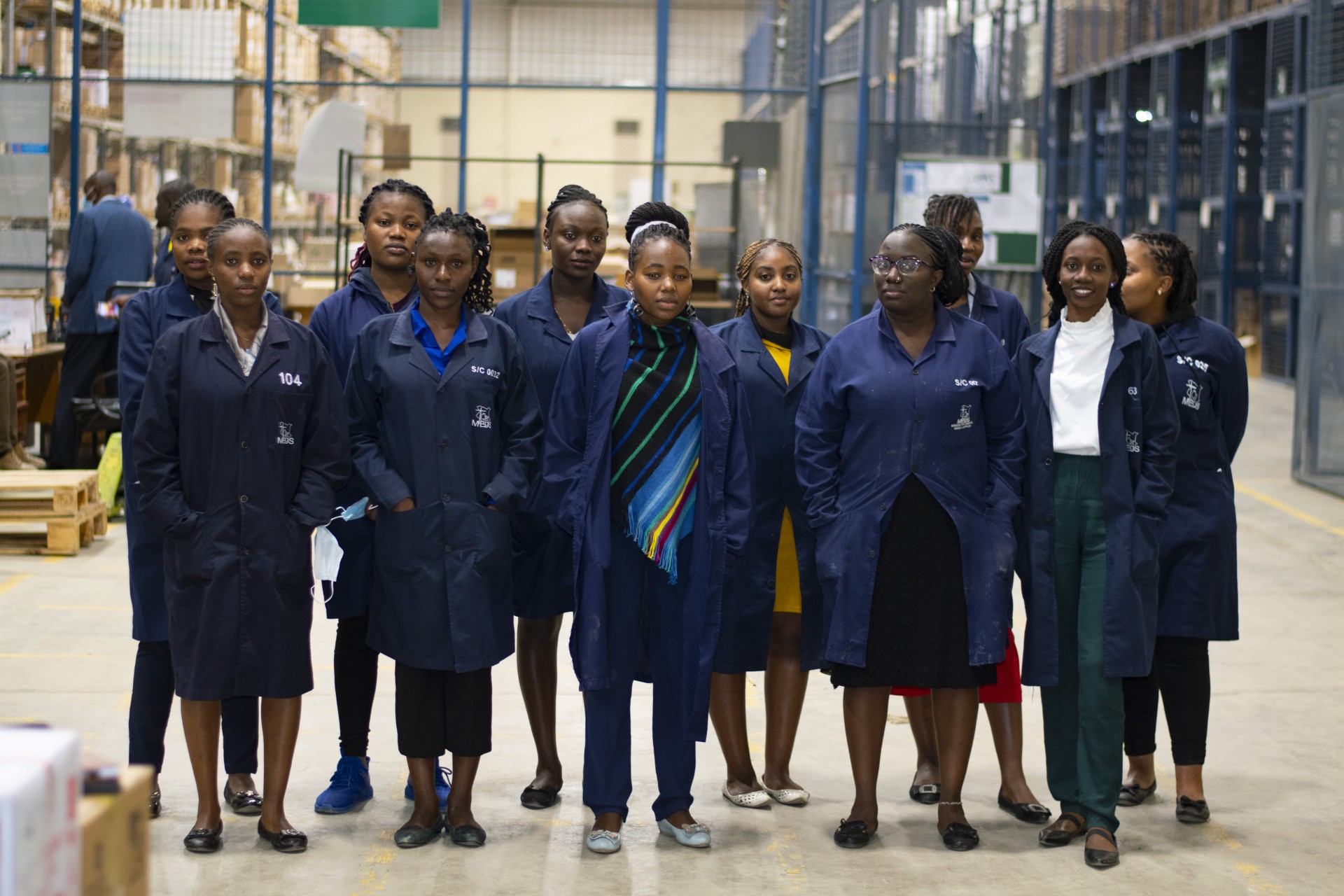Rebecca Alban, senior manager, Human Resources for Health for VillageReach helps us to interpret the findings of a new paper Exploring the Role of Gender in the Public Health Supply Chain Workforce in Low- and Middle-Income Countries, published in the Global Health Science and Practice journal.
What is the one key message you want readers to take away from this paper?
Having more women in the public health supply chain (PHSC) workforce is one way to make health supply chains work for the people that rely on them. This in turn will help serve under-reached communities and move us closer to universal health coverage.
Why did you decide to carry out this research?
VillageReach is very focused on gender and looking at how gender can impact access to quality health services. In our decades of working in the PHSC, we have observed that this is a male dominated field but there hadn't ever been substantive research to validate that or analyse what the knock-on effects of this gender imbalance might be. So, with financial support from the Gates Foundation, we decided to conduct our own research to look at this in multiple countries.
What was the research you carried out?
We conducted qualitative research, with interviews and focus groups with a wide range of supply chain actors, students, professors, government officials and programme managers across Malawi and the Democratic Republic of Congo (DRC). The key questions we wanted to answer were:
- How does the social and cultural context influence the entry and retention of women in the PHSC workforce?
- What are women’s experiences throughout the educational and career pathways to the PHSC workforce?
- How does the enabling environment currently affect gender balance in the PHSC workforce?
And what did you find?
Through our interviews with global stakeholders and with PHSC professionals, educators and students in the DRC and Malawi we heard first-hand about the many barriers that women face to enter and grow their careers within the PHSC workforce. We found that the causes of these barriers are often rooted in complex cultural, or societal norms, which will take time to change. But we were also able to identify some ‘low hanging fruit’: areas for intervention that are within our power to change now.
What are your recommendations?
Our recommendations address the challenges women experience at the education stage, early career stage and the advancement stage of their career pathway. We have created a comprehensive list of recommendations, so I recommend you take a look at the report to see the full list, but they include:
- Creating programmes to increase women’s involvement in supply chain training and degree programmes
- Implementing gender sensitive hiring and recruitment practices for supply chain positions
- Elevating female decision-making in PHSC and ensuring women have equitable opportunity for professional advancement
Are the recommendations transferrable to other countries and contexts?
Yes, the challenges and barriers identified in the report seem to be common across many countries. Although country-specific contexts will differ, we do perceive many of these challenges to be present across multiple countries in Africa and other low- and middle-income countries.
Our recommendations are aimed at governments, academic institutions, employers and implementing partners and we expect related interventions to create a more gender-balanced and professional PHSC workforce.
Read the paper here.

